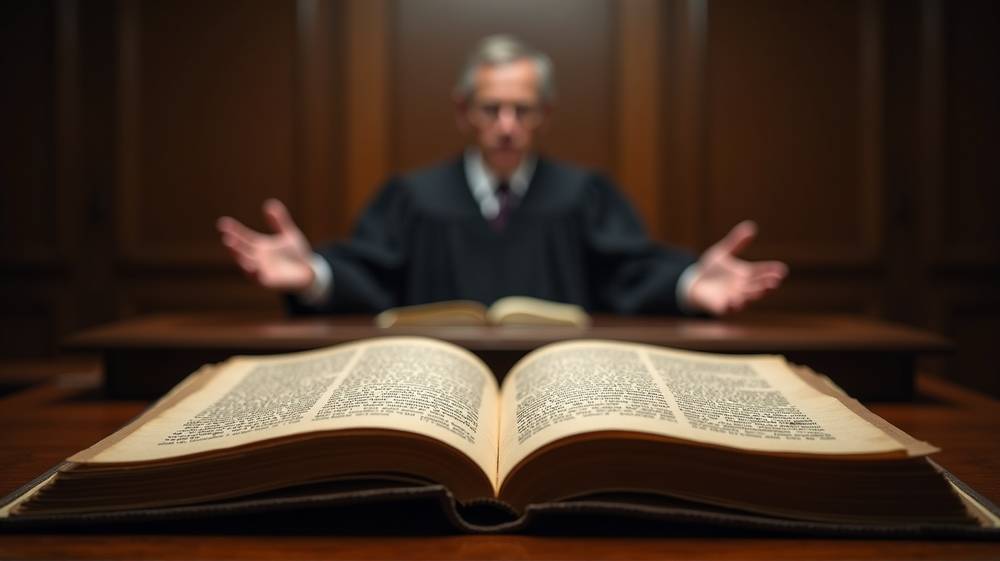Trump Invokes Centuries-Old Law in a Modern Migrant Crisis
In a surprising and historic turn, President Donald Trump recently invoked the Alien Enemies Act of 1798 to accelerate deportations, citing an alleged invasion by a Venezuelan gang known as Tren de Aragua. Just hours after this proclamation, a federal judge issued a decisive ruling to stall these deportations, leaving the political landscape reeling.
The Weight of History
The Alien Enemies Act is a wartime authority that grants the U.S. president significant leeway. Trump’s unprecedented use of this law in peacetime aimed to swiftly deport identified gang members, potentially bypassing traditional judicial processes. Historically, this act has only been used during major conflicts to intern enemy nationals. According to Press Telegram, Trump’s approach represents a bold expansion of executive power.
Legal Counterpunch
Chief Judge James E. Boasberg acted quickly, halting the deportations and emphasizing the importance of judicial oversight. Highlighting the immediate need for his intervention, Boasberg ordered any in-flight deportations to be reversed, a move that underlines the gravity of using historical laws in contemporary crises.
The Tren de Aragua Threat
Identified as a foreign terrorist organization by Trump’s administration, Tren de Aragua’s reputed influence across Venezuela and its diaspora has become emblematic of the broader narrative against undocumented immigration. Yet, the debate rages on whether labeling such groups as state-like threats is justified or merely political posturing.
Precedent and Precedence
Deputy Assistant Attorney General Drew Ensign backed the administration’s view, citing historical uses of the act. However, the ACLU argues that the act’s invocation against non-state actors sets a dangerous precedent, transforming the immigration debate into a constitutional conundrum.
The Path Forward
As debates intensify, the courts remain a pivotal battleground. Judge Boasberg extended the pause on deportations, with further legal challenges anticipated. This unfolding situation highlights a critical juncture in American immigration policy, questioning the limits of executive authority in peacetime.
This dramatic series of events illustrates the complex interplay between historical statutes, judicial intervention, and modern governance challenges, as the United States grapples with its identity and values in a changing world.




